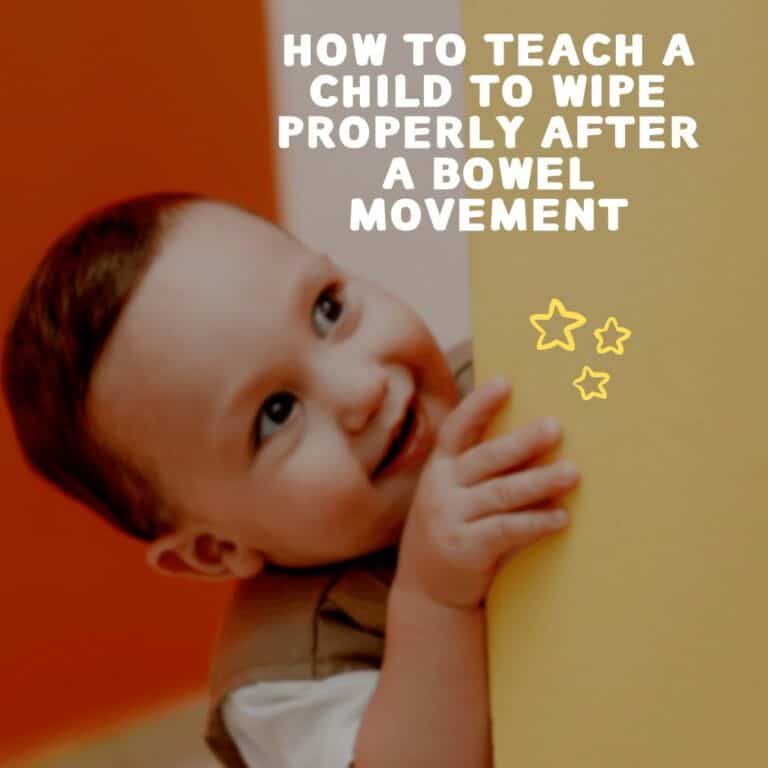Children frequently vomit when they are upset by something as insignificant as a toy. When there is a fever and other symptoms, it is most likely that a viral infection is present. Here’s how to stop vomiting in toddlers and some other things to think about.
When do you consider it vomiting
If a youngster spits up small pieces of food after a meal, this is not considered vomiting. The term “vomiting” refers to throwing up after consuming significant amounts of food. As the condition advances, the vomit usually becomes a sticky, yellowish liquid that is difficult to pass.
When a child vomits, his or her body loses a significant amount of fluid and salts, just like when they have diarrhea. If a child vomits regularly, the body can quickly become dehydrated, which can be life-threatening in a short period of time, especially in young children and babies. Dry mouth, dry skin, lethargy, and breathing deeply through the mouth are all indicators of imminent dehydration, as is excessive sweating.
Vomiting can have many causes
Because a child’s stomach is still quite sensitive, it is common to vomit in response to seemingly insignificant events. Some of the most common and generally harmless reasons for vomiting are cold drinks, damaged food, too much food combined, anticipation, and unique experiences.
It is likely that the fever is caused by a viral illness, such as a common cold, in the child. Fever and diarrhea that occur at the same time are usually signs of a gastrointestinal infection.
The presence of vomiting, in addition to the presence of other symptoms, can indicate a more serious medical issue. If there is considerable pain in the lower abdomen simultaneously, they may have appendicitis, for instance. Vomiting can also be a symptom of a brain issue in the worst-case scenario, which is very rare.
What to do if the child vomits
In the case of vomiting, it is particularly necessary to take steps to reduce the risk of dehydration that is linked with it:
- Infants who are not breastfed require more fluid consumption earlier in their development. It is recommended that breastfed newborns be latched more frequently to accommodate the increased need for fluids from breast milk. Breastfeeding on demand produces enough breast milk to satiate the thirst of a newborn baby.
- Only modest amounts of tea (e.g., slightly sweetened fennel, peppermint, or chamomile tea, or heavily diluted black tea) should be given to your child over a period of around four hours, and at short intervals should be avoided.
- If you need to, you can increase the amount of liquid to half a cup after that (20 to 30 ml).
- Solid food should only be offered to the youngster when he or she expresses a desire for it.
Putting a cool towel on your child’s forehead after they’ve vomited will help to alleviate nausea and dizziness. Rinsing the mouth with water or tea can eliminate the unpleasant taste in the mouth. It may also be necessary for your child to brush their teeth to get rid of the taste, depending on how they feel and how old they are.
When in case of vomiting a doctor’s visit is urgent
If your child exhibits any of the following symptoms or conditions, you should take him or her to the pediatric practice right away:
- If your child is vomiting and also has a fever and/or diarrhea at the same time, get medical attention.
- If your child is a very small baby and is still vomiting on and off after four hours, seek medical attention.
- If your child vomits multiple times and appears ill, and you are unable to determine the source of the problem, such as B. a gastrointestinal infection, consult your doctor.
- If they vomit as a result of a fall or an accident.
- If you are experiencing acute stomach pain at the same time.
- If your child appears noticeably listless and calm, call your pediatrician.
- When your youngster vomits first thing in the morning on an empty stomach.
Useful observations for the doctor
Because vomiting can be caused by a variety of factors, you should regularly observe your child so that you can report any additional symptoms to the pediatrician. Here are some examples of critical information:
- Is your youngster running a fever?
- Is he having stomach discomfort even if he isn’t vomiting?
- Is it diarrhea or constipation?
- Do they vomit soon after they eat?
- How frequently do they vomit?
- Has the child been hit on the head or stomach?
- Are they suffering from a sore throat or an ear infection?
- Is your youngster prone to headaches?
- Is your child vomiting on a regular basis, even at night or shortly after waking up?



